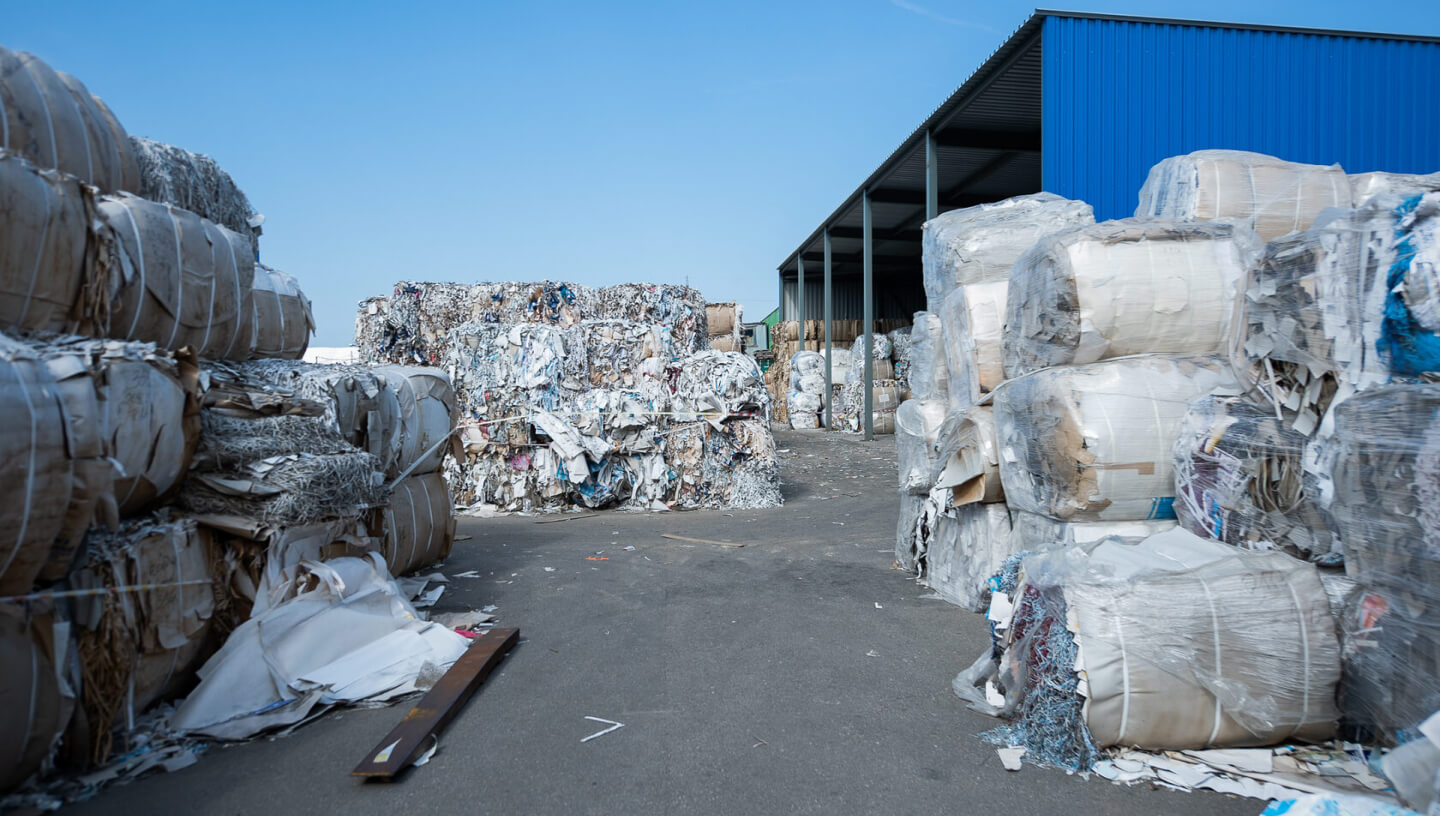 Photo from: Russian environmental operator
Photo from: Russian environmental operator
The profitability of the MSW recycling projects depends very much on the revenue and expenditure side of their financial and economic model. The revenue side is the tariff, which is collected by the structure or regional operator, which invests in this project. This is mainly done by regional operators in Russia.
The tariff covers the costs of collection, transportation of MSW, their treatment and disposal, the market value of all the secondary material resources sorted at a particular site and the cost of the fuel itself. The income part is made of this.
And the expenditure part is all the operational costs of the complex for MSW treatment, the cost of the loan and its maintenance, and so on.
Our company has developed business models for a number of regional operators, and based on this experience I can conclude that solid municipal waste treatment projects are quite profitable under certain conditions. The payback period is in the range of three to five years with fuel costs in the range of 1–1.2 thousand roubles per tonne. But the regional operator’s rates are quite high too.
If a regional operator sells secondary material resources and fuel at this price on the terms of an off-take contract (guaranteed sale) and sends a part of the tariff to finance the treatment and disposal facility, the payback period of the project will be about 4.5 years. So these are quite interesting investment projects.
Cover photo: Russian environmental operator








Comments